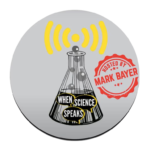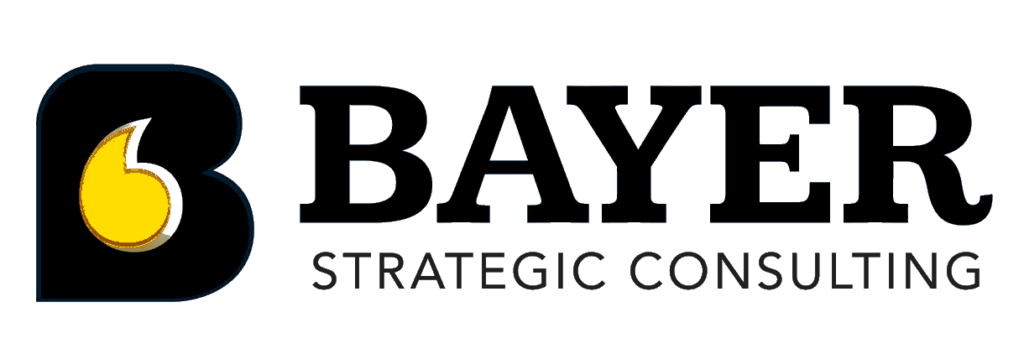How to be a Powerhouse in Science Advocacy Work, with Dr. Adriana Bankston – Ep #8
What does it take to kickstart a career in science advocacy? Do you need to make the right connections and relationships at the right time or is a “make it up as you go” type of endeavor? If you’ve wondered about getting involved with this critical work, you’ve come to the right place. Here to share her experience getting involved with science advocacy is Dr. Adriana Bankston.
Dr. Bankston is a skeletal muscle biologist turned science policy researcher. She is a member of the Board of Directors at Future of Research, a nonprofit organization with a mission to champion, engage and empower early career scientists with evidence-based resources to improve the scientific research endeavor. Her goals are to promote science policy and advocacy for junior scientists and to gather and present data on various issues in the current scientific system. Previously, Dr. Bankston was a postdoctoral research associate at the University of Louisville. She obtained a B.S. degree in Biological Sciences from Clemson University and a Ph.D. degree in Biochemistry, Cell and Developmental Biology from Emory University.
What You’ll Hear On This Episode of When Science Speaks
- [1:05] Mark introduces his guest, Dr. Adriana Bankston.
- [3:15] What led Dr. Bankston to work in policy and advocacy?
- [5:30] How did Dr. Bankston’s policy work resonate with her peers in the lab?
- [7:15] Why is mentorship so important?
- [11:30] How has Dr. Bankston’s Ph.D. experience impact her current work?
- [15:00] An important lesson, find the subject that you are passionate about.
- [17:30] What are Dr. Bankston’s future plans? What does she want to be working on?
- [20:45] Interacting with policymakers and advocating for science.
- [26:00] Dr. Bankston talks about her role at the Journal of Science Policy & Governance.
Connect with Dr. Adriana Bankston
Resources & People Mentioned
Getting involved with science advocacy
While there may be some individuals out there who lock on to science advocacy work early, for Dr. Adriana Bankston it was more of a “pulling at a loose thread” type of scenario. When she was working on her postdoc research, Adriana came across some fascinating information about her postdoc peers and their efforts securing employment. From that moment on, Dr. Bankston was hooked, she went on to connect with several organizations that were involved with science advocacy and preparing science professionals for the workplace.
One big takeaway from Dr. Bankston’s work is following that thread that captures your interest. Too often people either get pigeonholed or pigeonhole themselves into a specific arena where they lack a driving interest or passion. Don’t let practicality supplant your innate drive for curiosity, who knows, that thread you unravel could lead you to important work like Dr. Bankston’s. Make sure to follow Dr. Bankston’s fascinating work in science advocacy by checking out the links in the resource section at the end of this post.
Mentorship and planning for the future
Throughout your education or career, have you benefited from a mentoring relationship? Have you had the opportunity to act as a mentor for someone else? Mentorship is one of those vital aspects of professional development that many people fail to appreciate or understand. Let’s face it; mentorship is not for the faint of heart. If you are going to engage in this sort of robust professional development you’ve got to carve out the time. Dr. Bankston recognized the value of learning from a mentor, so she made it a priority on her calendar, sacrificing time after work and even during lunch breaks.
In the end, Dr. Bankston is convinced that all that sacrifice was worth it. Not only did she grow as a professional, but her mentoring relationship also allowed her to see the value of looking ahead with a bold vision for the future. Looking forward, Adriana is intrigued by two paths in her field. On the one hand, she is considering the value of staying local with her advocacy work and focusing her efforts with university administrations to create new programs for postdocs. Then there is the more flashy and popular route of working specifically in the policy sector and seeing her work have a more wide-reaching impact.
Connect With Mark and When Science Speaks
- http://WhenScienceSpeaks.com
- https://bayerstrategic.com/
- On Twitter: https://twitter.com/BayerStrategic
- On Facebook: https://www.facebook.com/Bayer-Strategic-Consulting-206102993131329
- On LinkedIn: https://www.linkedin.com/in/markdanielbayer/
- On Instagram: https://www.instagram.com/bayerstrategic/
- On Medium: https://medium.com/@markbayer17

